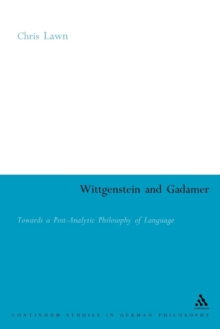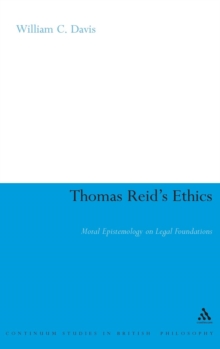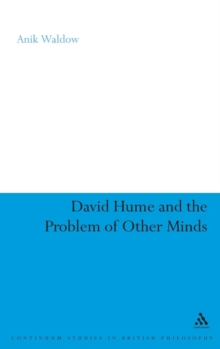
John Locke and Personal Identity : Immortality and Bodily Resurrection in 17th-Century Philosophy PDF
by Dr K. Joanna S. Forstrom
Part of the Continuum Studies in British Philosophy series
Description
One of the most influential debates in John Locke's work is the problem of personal identity over time.
This problem is that of how a person at one time is the same person later in time, and so can be held responsible for past actions.
The time of most concern for Locke is that of the general resurrection promised in the New Testament.
Given the turbulence of the Reformation and the formation of new approaches to the Bible, many philosophers and scientists paid careful attention to emerging orthodoxies or heterodoxies about death. Here K.
Joanna S. Forstrom examines the interrelated positions of Rene Descartes, Thomas Hobbes, Henry More and Robert Boyle in their individual contexts and in Locke's treatment of them.
She argues that, in this way, we can better understand Locke and his position on personal identity and immortality. Once his unique take is understood and grounded in his own theological convictions (or lack thereof), we can better evaluate Locke and defend him against classic objections to his thought.
Information
-
Download - Immediately Available
- Format:PDF
- Pages:162 pages
- Publisher:Continuum Publishing Corporation
- Publication Date:31/03/2010
- Category:
- ISBN:9781441113146
Other Formats
- EPUB from £30.77
- Paperback / softback from £37.99
- Hardback from £140.00
Information
-
Download - Immediately Available
- Format:PDF
- Pages:162 pages
- Publisher:Continuum Publishing Corporation
- Publication Date:31/03/2010
- Category:
- ISBN:9781441113146










